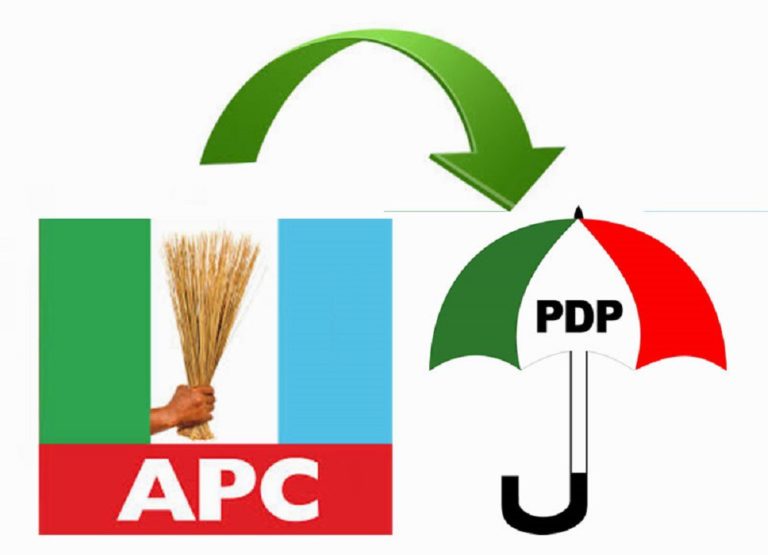For example, Nigeria’s current president, President Muhammadu Buhari, while he was never a member of the PDP, he did move between various political parties in his quest to become the number one citizen of Nigeria. In 2003 and 2007, he contested for president as the candidate of the All Nigeria People’s Party (ANPP). In 2011, he was the presidential candidate of the Congress for Progressive Change (CPC), which he founded. And we all know what happened in 2015, he won the APC presidential primary in the Fall of 2014 and was elected president in the March 28, 2015 elections.
So why do Nigerian politicians bounce between political parties and behave like common prostitutes looking for better clients? Political parties in Nigeria, and in other parts of the African continent, tend to lack ideologies and explicit messages that separate them from each other. Because of the country’s tribal, religious and geographic divide, political parties are driven by personalities as opposed to ideologies. For example, in the United States, political parties are defined by their platforms, or manifestoes as they are called in Nigeria. So, if a Republican candidate comes knocking at your door, you have a sense of where he or she stands on the current critical issues.
In 2013, dozens of lawmakers fundamentally altered Nigeria’s political constellation as they decamped from the once all-powerful PDP to the newly-formed opposition coalition. The alliance lacked internal coherence, but its members were united in their desire to remove the PDP from power. Fast-forward five years and the defections are now happening in reverse. The APC is the one unravelling and the PDP is trying to hold together disparate strands and personalities, hoping that the objective of replacing Buhari is enough to hold the assorted whole together. Some group of politicians who defected from PDP to APC in 2015 again defected from APC back to PDP. Yet some Nigerians celebrated the defections of these ‘political prostitutes’ who have stolen their future and the future of the next generation. Are these political figures decamping or cross carpeting from one party to another for the interest of Nigerians or their selfish ends? Do they want to build a stable and sustainable democracy, or are they defecting because their demands and aspirations cannot be actualised in their original party? Politicians are perceived to always be after their selfish interests which has been riddled with greed and prejudice. They don’t have the interest of the common man at heart.
politicians on the one hand and the lack of ideology in the political parties on the other. The general assumption,
therefore, is that the parties and the politicians only exist to scramble for spoils of governance; and when
mandated through electoral victories, only dispense government resources in favour of personal interest and
those of their cronies. This is the reason why Nigerians find it difficult to draw the line between one politician
and the other, one party or the other; and that after so many years of democracy, the citizenry is yet to truly reap the dividends of democratic governance.










